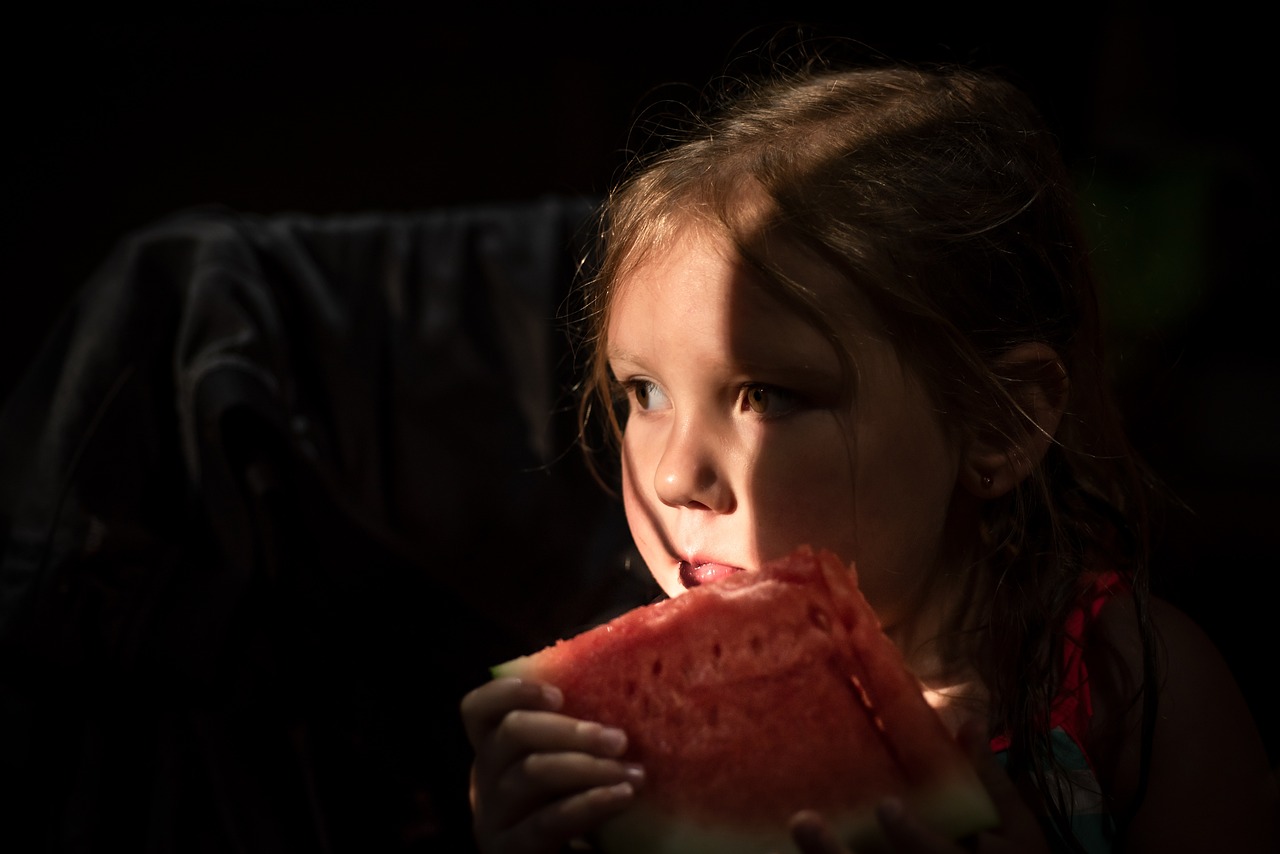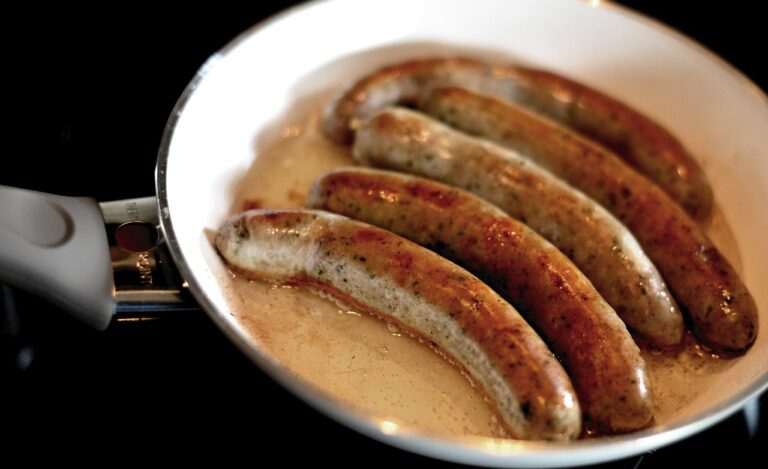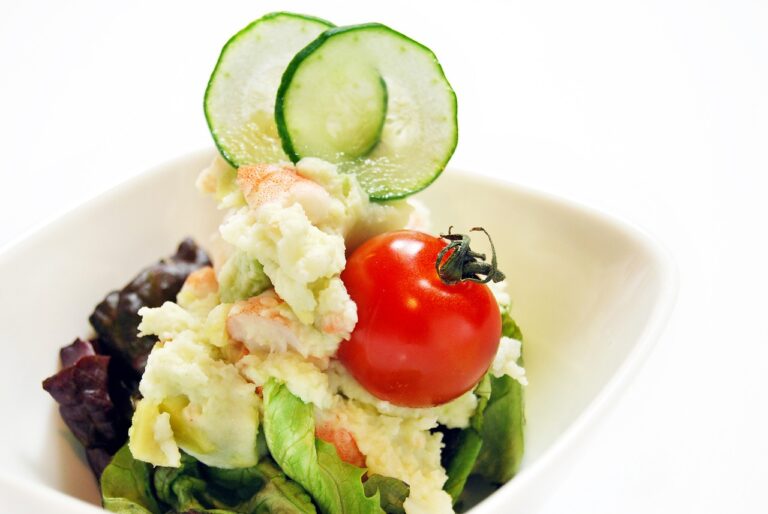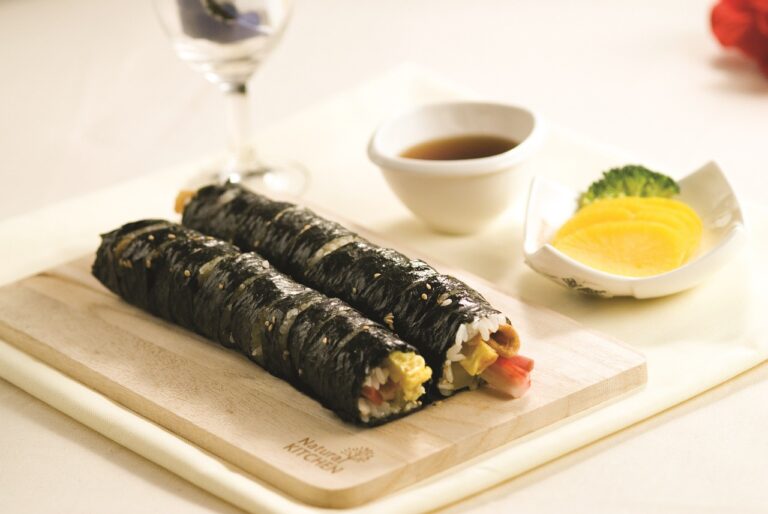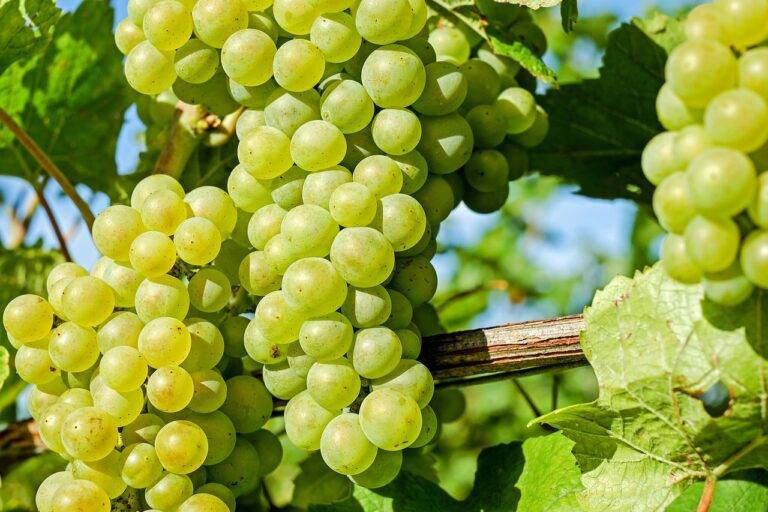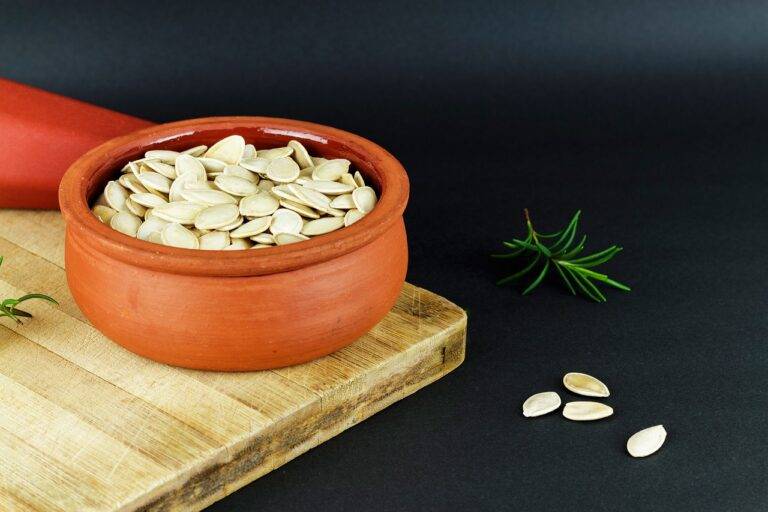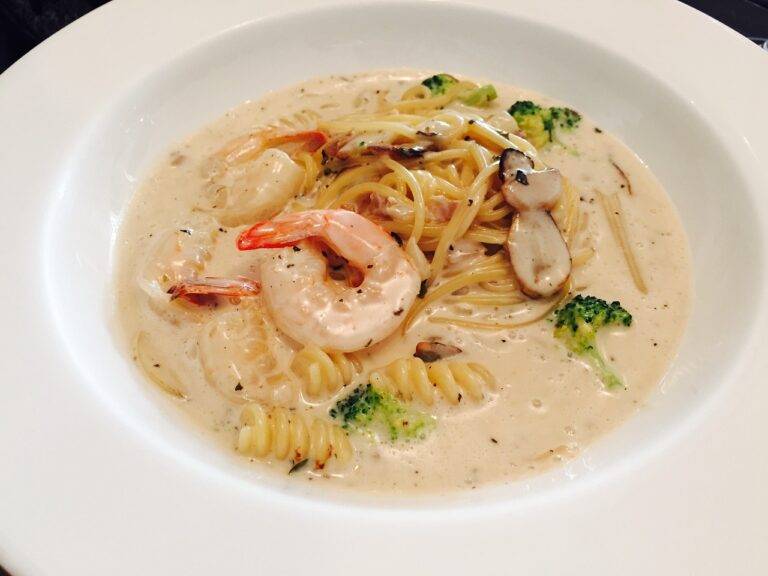Trends in Grain-Inclusive Diets for Dogs: Benefits and Considerations: Goldbet.com login, Tigerexch247, Betbook247 id
goldbet.com login, tigerexch247, betbook247 id: Grain-inclusive diets for dogs have become a hot topic in the pet food industry in recent years. As pet owners become more conscious of their furry friends’ nutritional needs, they are turning to grain-inclusive diets as a healthy option for their canine companions. In this article, we will explore the benefits and considerations of grain-inclusive diets for dogs, as well as some popular trends in this type of pet food.
What are Grain-Inclusive Diets?
Grain-inclusive diets for dogs are pet foods that contain grains such as rice, barley, oats, and corn as primary ingredients. These grains serve as a source of carbohydrates, which provide energy for dogs to stay active and healthy. While some pet owners prefer grain-free diets for their dogs, many experts argue that grains can actually be beneficial for dogs’ overall health.
Benefits of Grain-Inclusive Diets for Dogs
1. Nutritional Balance: Grains are a good source of essential nutrients such as vitamins, minerals, and fiber, which are important for dogs’ overall health and well-being.
2. Digestive Health: Grains contain fiber that can help regulate dogs’ digestion and promote the growth of healthy gut bacteria.
3. Energy Source: Carbohydrates from grains provide dogs with the energy they need to stay active and maintain a healthy weight.
4. Cost-Effective: Grain-inclusive diets are often more affordable than grain-free options, making them a budget-friendly choice for pet owners.
5. Variety: Grain-inclusive diets offer a wide range of flavors and textures, allowing pet owners to provide their dogs with a diverse and balanced diet.
Considerations for Grain-Inclusive Diets for Dogs
1. Allergies: Some dogs may have allergies or sensitivities to certain grains, so it’s important to monitor your dog’s reaction when introducing a new diet.
2. Weight Management: While grains can be a good source of energy, it’s important to monitor your dog’s calorie intake to prevent weight gain.
3. Quality of Ingredients: Look for grain-inclusive diets that contain high-quality, whole grains as primary ingredients, and avoid products with fillers or artificial additives.
4. Consult a Veterinarian: Before making any changes to your dog’s diet, it’s always a good idea to consult with a veterinarian to ensure that the new diet meets your dog’s specific nutritional needs.
Trends in Grain-Inclusive Diets for Dogs
1. Ancient Grains: Ancient grains such as quinoa, chia seeds, and sorghum are becoming popular ingredients in grain-inclusive diets for dogs due to their nutritional value and digestibility.
2. Limited Ingredient Diets: Some pet food manufacturers are offering grain-inclusive diets with limited ingredients to cater to dogs with food sensitivities or allergies.
3. Grain Blends: Grain blends are becoming popular in grain-inclusive diets, providing dogs with a mix of different grains for a well-rounded nutritional profile.
4. Grain-Free Alternatives: Some pet owners are opting for grain-free alternatives to traditional grain-inclusive diets, such as diets with legumes or potatoes as primary ingredients.
5. Customized Diets: With the rise of personalized pet nutrition, some companies are offering customized grain-inclusive diets tailored to individual dogs’ specific needs and preferences.
6. Sustainable Ingredients: Pet owners are increasingly looking for grain-inclusive diets that use sustainably sourced ingredients to reduce their environmental impact and support ethical farming practices.
FAQs
Q: Are grains bad for dogs?
A: Grains can be a healthy and nutritious part of a dog’s diet, providing essential nutrients and energy. However, some dogs may have allergies or sensitivities to certain grains, so it’s important to monitor your dog’s reaction when introducing a new diet.
Q: What grains are best for dogs?
A: Whole grains such as brown rice, oats, barley, and quinoa are good options for dogs, as they provide a good source of fiber, vitamins, and minerals.
Q: How do I know if my dog has a grain allergy?
A: Signs of a grain allergy in dogs may include itching, digestive upset, ear infections, or skin rashes. If you suspect your dog has a grain allergy, consult with a veterinarian for proper diagnosis and treatment.
In conclusion, grain-inclusive diets can be a healthy and nutritious option for dogs, providing essential nutrients and energy to support their overall health and well-being. By considering the benefits and considerations of grain-inclusive diets, as well as staying informed about popular trends in pet food, pet owners can make informed decisions when choosing the best diet for their canine companions.

